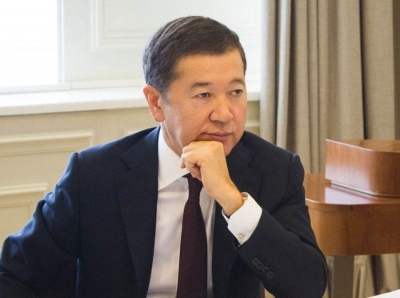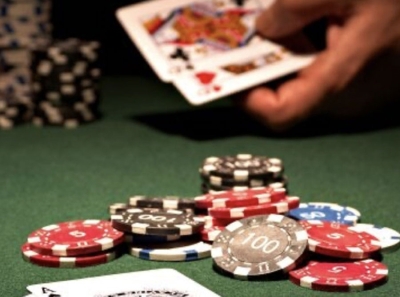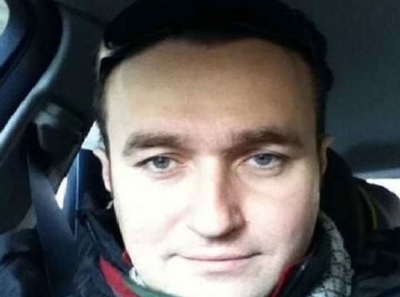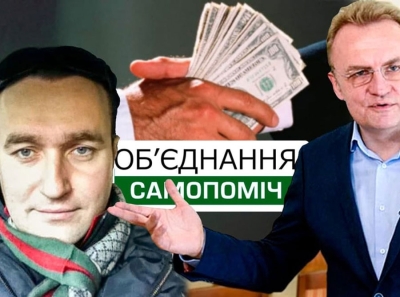War in the Middle East: how to respond to the violence?
Following the brutal Hamas attack, Israel is preparing a large-scale ground offensive and has called on all civilians to evacuate the north of the Gaza Strip. UN Secretary General António Guterres sees the entire region "on the verge of the abyss". Europe’s press discusses what should be done.
Exert influence on both sides
The EU has a strong interest in preventing the conflict from spreading, warns De Volkskrant:
“Olivier Véran, the spokesperson for the French government, called for the conflict not to be ‘imported’ into Europe. That must certainly be prevented. Europe itself can contribute to this with a balanced Middle East policy. Europe’s geopolitical influence in the region is limited, but it exists. The EU is Israel’s most important trading partner and the largest donor in the Palestinian territories. It should make more active use of this position, especially to put pressure on Israel to recognise Palestinian rights.”
Shut down sources of funding for terrorism
A collective of Iranian and European public figures calls in Le Monde for tougher action against Iran:
“To fight the spread of terrorism in the Middle East it is not enough to express outrage at Hamas’ attacks. Rather, its sources of funding must also be shut down. ... The political and economic isolation of the Islamic regime in Iran and the inclusion of the Revolutionary Guards on the list of terrorist organisations would de facto reduce its ability to support fundamentalist and anti-democratic movements, thus contributing to lasting peace in the region. ‘Woman, Life, Freedom’, the slogan of the Iranian protest movement, is also a step towards a pacified Middle East.”
Europe revealing its insignificance
La Stampa already sees one winner and one loser:
“Iran, which gave its blessing for the carnage inflicted by Hamas while declaring that it is uninvolved, benefits from two results: the suspension of the agreements between Israel and the Saudis and the easing of international pressure on Tehran’s ruthless restriction of civil rights, starting with women’s rights. Europe, on the other hand, has once again confirmed its non-existence. The lack of a common defence and common strategy, which are made impossible by the unanimous rejection of any vision of the future and by retrogressive and increasingly widespread nationalist impulses, prevents it from playing any significant role whatsoever.”
Promote the two-state solution
La Libre Belgique sees only one way out of the spiral of violence in the long term:
“At a time when we are sinking into a frenzied yet sterile radicalism, it is essential to remind the legitimate representatives of both sides that one day they must take the path of moderation and find common ground. This common ground can only be a solution based on two independent and viable states living peacefully side by side. Only this solution can guarantee security for both peoples. ... The international powers who say they want to play a role in resolving this conflict have a duty to help and even motivate Israelis and Palestinians to find this common ground.”
Defence without becoming inhumane
Salzburger Nachrichten sees Israel in a dilemma:
“How do you fight barbarians without becoming one yourself? How do you break through the human shields behind which Hamas is hiding without becoming inhuman? These are the questions all states dealing with terrorists and hostage-takers face. The Israeli army must also address these questions. Even though dismantling Hamas is probably the top priority for many Israelis right now, and even though they see their military as having every right to strike back with full force against the terrorists. But Israel does not have every right.”
Tunnel system as a great equaliser
Hamas is well prepared for an Israeli ground offensive, the Financial Times warns:
“The group will have watched and learnt from the experiences of terrorist groups in Syria and Iraq, including Isis, and also from its own previous battles. ... The [Israeli army] IDF only has limited intelligence on their location, routes and the activity that takes place inside them. Below ground, traditional GPS, surveillance and night vision systems do not work. Tunnels increase the risk of surprise attack, kidnapping, booby traps and one-to-one combat. Few soldiers can operate in this claustrophobic, dark and volatile environment. In short, the tunnels are a great equaliser, neutralising Israel’s advantages in weaponry, tactics, technology, and organisation.”









